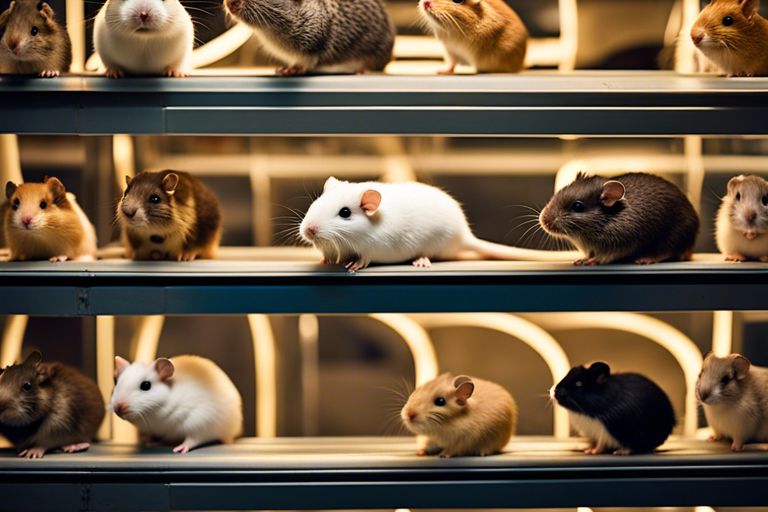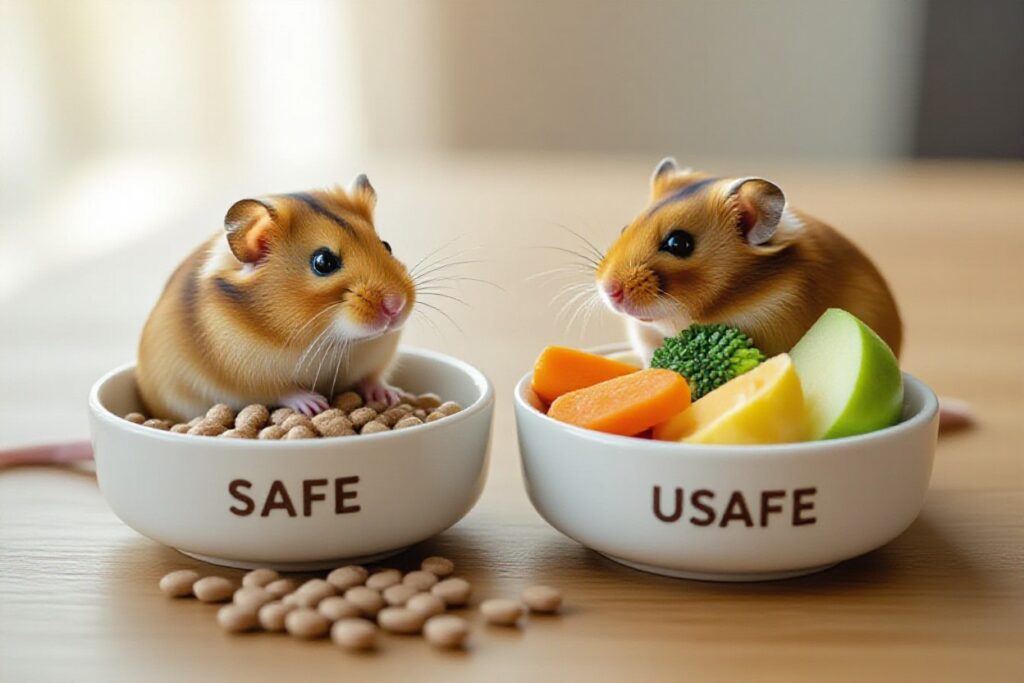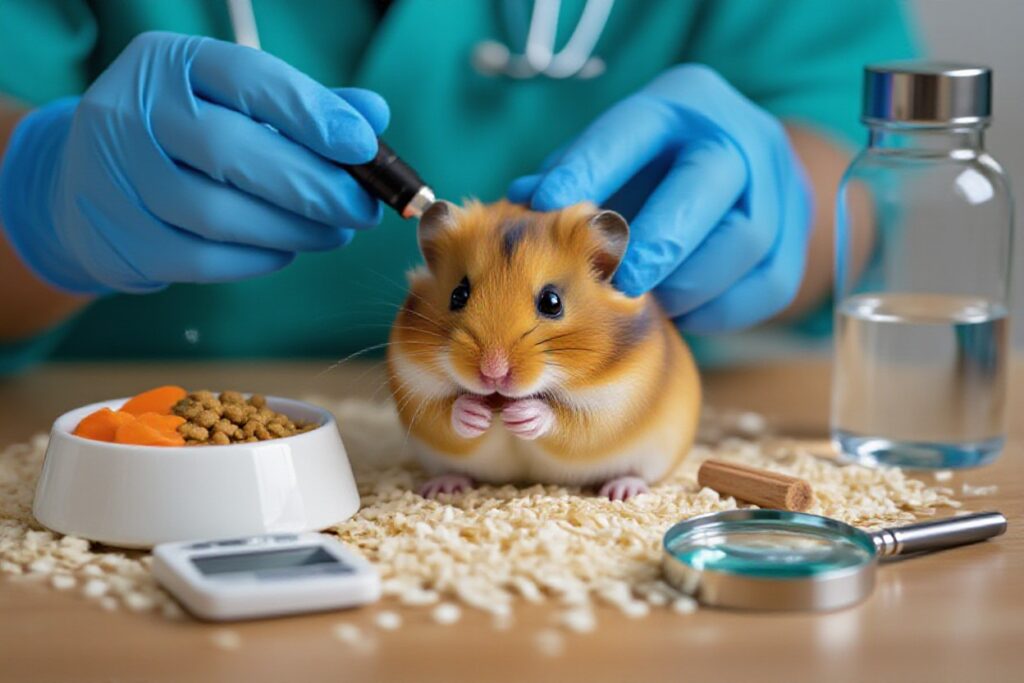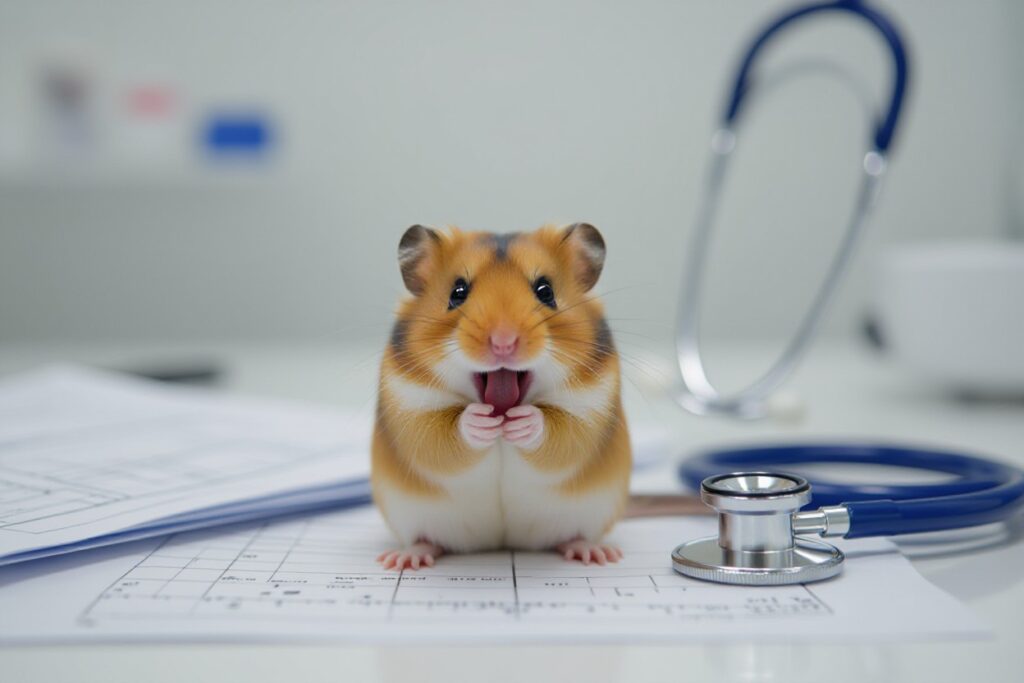Concerning choosing the right rodent companion, there are a wide variety of breeds to consider. From the charming hamster to the social rat, each breed brings its own unique characteristics and care requirements to the table. Understanding the differences between these rodent breeds can help you make an informed decision on which one is the best fit for your lifestyle and preferences.
Whether you’re looking for a playful and energetic pet like the gerbil or a cuddly and low-maintenance companion like the guinea pig, this Rodent Breeds 101 guide will provide you with valuable insights to help you choose the perfect rodent breed to welcome into your home.
Overview of Popular Rodent Breeds
Domestic Mice
For beginner rodent owners looking for a small and low-maintenance pet, domestic mice are a popular choice. These tiny creatures are intelligent, social, and can be easily tamed with regular handling. Domestic mice come in a variety of colors and coat patterns, making them visually appealing pets for all ages.
Fancy Rats
The Fancy Rat, also known as pet rats, are intelligent, affectionate, and highly trainable rodents. They are larger in size compared to mice, making them easier to handle and interact with. Fancy rats thrive on social interaction and can form strong bonds with their owners. These rodents come in a wide range of colors and coat types, adding to their appeal as pets.
The Fancy Rat is a popular choice for rodent enthusiasts who enjoy training and interacting with their pets. They are known for their playful nature and curiosity, making them engaging companions for both children and adults alike.
Popular Hamsters
Popular for their compact size and adorable appearance, hamsters are one of the most commonly kept rodents as pets. These nocturnal creatures are best suited for owners who are able to provide them with a quiet and undisturbed environment during the day. Hamsters come in various species, including Syrian, Dwarf, and Roborovski, each with its own unique characteristics and care requirements.
With proper care and handling, hamsters can become tame and interactive pets. They are known for their burrowing instincts and love for chewing, so providing them with appropriate toys and bedding materials is imperative for their mental and physical well-being.
With Gerbils
One of the most social and active rodent species, gerbils are popular pets for those looking for interactive and entertaining companions. These small rodents are highly energetic and thrive in pairs or small groups. Gerbils are known for their curious nature and agility, often engaging in playful activities like digging, jumping, and climbing.
Owners of gerbils should be prepared to provide ample space and stimulating environments for these active creatures. Contrary to popular belief, gerbils are social animals that enjoy the company of their own kind and are best housed in same-sex pairs or groups to prevent loneliness and encourage their natural behaviors.
Fancy Guinea Pigs
Fancy Guinea Pigs, also known as cavies, are popular pets known for their gentle nature and social personalities. These rodents are larger in size compared to other popular rodent breeds, making them easier to handle and interact with. Guinea pigs are characterized by their distinct vocalizations, which they use to communicate with their owners and express their emotions.
Any prospective guinea pig owner should be prepared to provide a spacious enclosure, social interaction, and a diet rich in Vitamin C to ensure the health and well-being of these sociable creatures. Guinea pigs are known for their herbivorous diet, which consists of hay, fresh vegetables, and pellets specially formulated for their nutritional needs.
Guinea Chinchillas
Any aspiring rodent owner looking for a unique and exotic pet may consider chinchillas. These small mammals have thick, soft fur, which makes them appealing and luxurious pets. Chinchillas are known for their agility and jumping ability, as well as their dust bathing behavior to maintain their fur’s cleanliness and health.
Rats have specific requirements, including a large cage with plenty of platforms and toys for exercise and enrichment. Additionally, chinchillas require a dust bath two to three times a week to keep their fur clean and prevent skin issues. Potential chinchilla owners should be aware of their long lifespan, with some living up to 15 years with proper care.
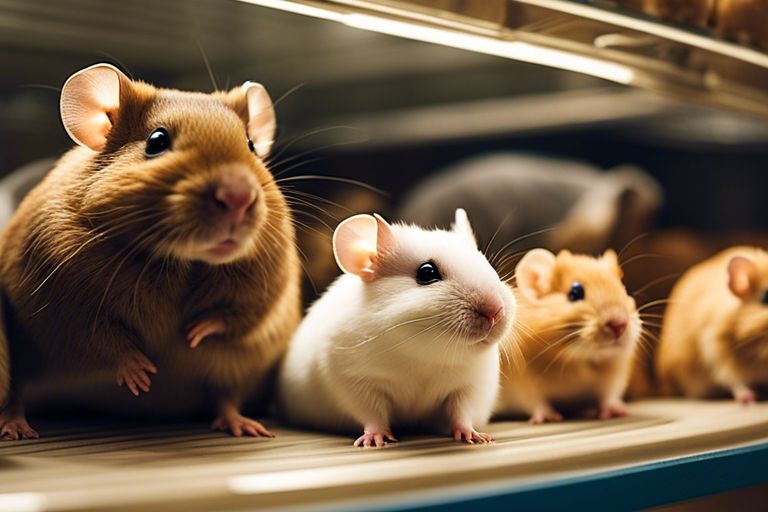
Caring for Your Rodent
Basic Requirements
The key to ensuring the well-being of your rodent companion is to provide them with basic requirements that cater to their needs. These include a suitable living environment, balanced nutrition, and regular exercise. Make sure your rodent has a spacious cage or enclosure that is secure, well-ventilated, and includes appropriate bedding for burrowing and nesting. Provide a variety of fresh fruits, vegetables, seeds, and pellets in their diet, and ensure access to clean water at all times. Encourage physical activity by offering toys, wheels, and tunnels for your rodent to explore and stay active.
Health and Wellness
Your rodent’s health and wellness should be a top priority for you as a responsible pet owner. Regular veterinary check-ups are necessary to monitor your rodent’s overall health, detect any signs of illness early, and prevent potential health issues. Keep an eye out for any changes in behavior, appetite, water intake, or signs of lethargy. It’s important to maintain good hygiene by regularly cleaning your rodent’s cage, providing fresh bedding, and grooming them as needed. Ensuring a stress-free environment and proper socialization are also important factors in keeping your rodent healthy and happy.
This includes ensuring they have appropriate social interaction if they are social creatures, and providing opportunities for mental stimulation to prevent boredom and improve their overall well-being.
The Unique Personalities of Different Rodents
Activity Levels and Behaviors
Rodents exhibit a wide range of activity levels and behaviors that can vary greatly between species. Some rodents, such as hamsters and gerbils, are nocturnal and tend to be most active during the night. On the other hand, guinea pigs and chinchillas are diurnal and are more active during the day. It is important to consider your own schedule and lifestyle when choosing a rodent with a compatible activity level.
Social Needs
Levels of sociability vary among different rodent species. While some rodents, like rats and mice, are highly social and thrive in pairs or groups, others, such as Syrian hamsters, are solitary animals and prefer to live alone. It is crucial to research the social needs of a particular rodent species before bringing one home to ensure they will receive the appropriate social interaction and companionship.
Though some rodents are more solitary by nature, it is still important to provide them with mental stimulation and socialization. Spending time interacting with your pet through play and handling can help fulfill their social needs and strengthen the bond between you and your furry friend.
Interaction with Other Pets
Unique introductions are necessary when considering adding a rodent to a household with other pets. Rodents are small prey animals and may not do well with larger, predatory pets like cats and dogs. It is crucial to supervise interactions between different pets closely to ensure the safety and well-being of all animals in the household.
Another consideration is the potential stress that other pets may cause to rodents. It is important to create a safe and secure environment for your rodent to retreat to if they feel overwhelmed or threatened by the presence of other pets.
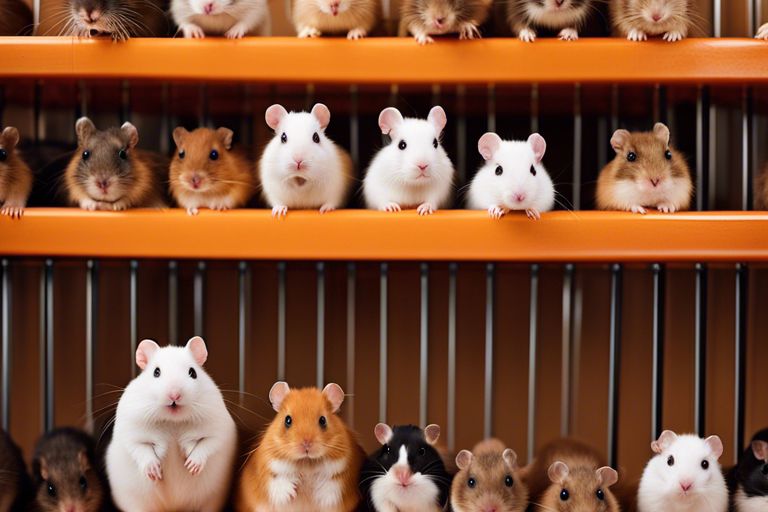
Housing and Environment
Cage Types and Sizes
Unlike other pets, rodents have specific requirements when it comes to their cages. The type and size of the cage will greatly impact the well-being of your rodent. It is important to choose a cage that is not only safe and escape-proof but also provides enough space for your pet to move around and exhibit natural behaviors.
- Wire Cages: Provide good ventilation, but make sure the spacing between wires is appropriate to prevent escapes.
- Aquarium Tanks: Enclosed and easy to clean, but may not offer as much ventilation as wire cages.
- Plastic Modular Cages: Allow for customization and are easy to clean, but may not provide enough ventilation.
- Hamster Cages: Specifically designed for hamsters with tunnels and multiple levels, but make sure they are large enough.
- Rat Manor Cages: Spacious and multi-level with platforms and ramps, ideal for rats but need to be properly cleaned regularly.
This ensures that your rodent has enough space to exercise, play, and engage in natural behaviors. This is necessary for their physical and mental health.
Creating a Stimulating Habitat
On top of providing a suitable cage, it is crucial to create a stimulating habitat for your rodent. This includes adding toys, hiding spots, tunnels, and climbing structures to keep them active and entertained. Any enrichment items should be safe and non-toxic, with no small parts that could be swallowed.
Habitat enrichment helps prevent boredom and encourages natural behaviors such as exploring, foraging, and climbing. Providing a variety of toys and activities will help keep your rodent happy and healthy.
Nutrition and Feeding
Understanding Rodent Diets
With their small size and quick metabolism, rodents have specific dietary needs that must be met to ensure their health and well-being. A balanced diet for rodents typically includes a mix of pellets, fresh vegetables, fruits, and occasional treats. Pellets formulated specifically for rodents are often recommended as they provide necessary nutrients in a concentrated form.
Special Dietary Requirements by Breed
Rodent breeds such as hamsters, guinea pigs, and rats have specific dietary requirements that owners should be aware of. Hamsters, for example, are omnivores and require a diet rich in protein, while guinea pigs are herbivores and need a constant supply of hay to aid digestion. Rats, on the other hand, are omnivores like hamsters but can be prone to obesity, so portion control is important in their diet.
The nutritional needs of your rodent will vary depending on its breed and size. It’s necessary to do thorough research on the dietary requirements of the specific breed you own to ensure you are providing the best possible diet for their health and longevity.
Health Concerns and Veterinary Care
Common Health Issues in Rodents
Issues such as respiratory infections, dental problems, and gastrointestinal issues are common among rodents. Respiratory infections can be caused by poor ventilation or drafts in their living environment, while dental problems often arise due to a lack of proper chewing material. Gastrointestinal issues can occur if a rodent’s diet is not balanced and lack of fiber can lead to problems with their digestion.
Preventive Care and Regular Check-ups
One of the best ways to ensure the health and well-being of your rodent is through regular check-ups with a qualified exotic animal veterinarian. These check-ups can help identify any potential health issues early on and allow for prompt treatment. Additionally, providing a balanced diet, ensuring a clean living environment, and offering plenty of opportunities for exercise can all contribute to maintaining your rodent’s health.
Plus, it is vital to monitor your rodent’s behavior and habits closely. Any changes in eating habits, activity levels, or overall appearance should be noted and discussed with your veterinarian. By being proactive and attentive to your rodent’s needs, you can help prevent many common health issues and provide them with a happy and healthy life.
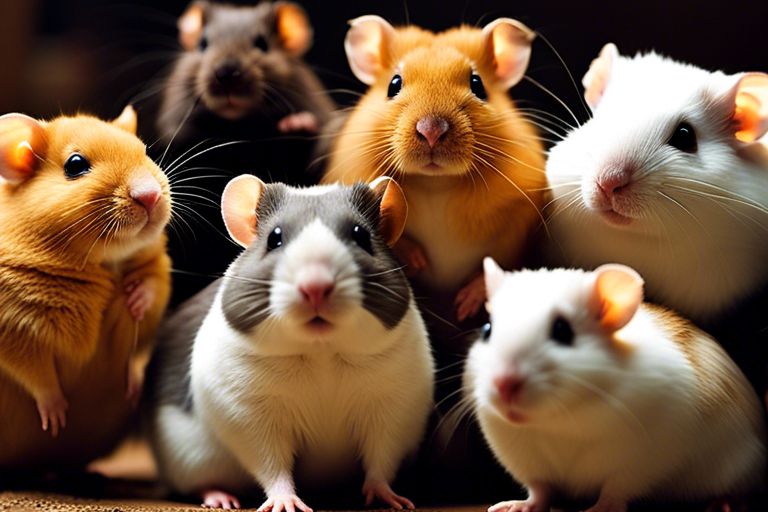
Making the Choice
Considerations for First-Time Owners
Many people are drawn to the idea of having a small pet like a rodent because of their size, low maintenance requirements, and adorable appearance. However, before getting a rodent as a pet, there are important considerations for first-time owners to keep in mind. It’s crucial to understand the specific needs and behaviors of different rodent breeds to ensure you can provide a proper environment and care for your new furry friend.
Matching a Rodent to Your Lifestyle
On the journey of selecting the right rodent breed for you, it’s crucial to consider how well their characteristics align with your lifestyle. Some rodents, like hamsters, are nocturnal and may be more active during the late evening and night, which can be disruptive if you prefer a quiet environment during those hours. Others, like guinea pigs, require more social interaction and space to roam, making them a better fit for those with more time to dedicate to their pets.
Any decision to bring a rodent into your home should involve careful consideration of how their needs and behaviors will fit into your daily routine and living situation. Factors such as the amount of space you have available, your schedule, and your ability to provide proper care and enrichment for your rodent should all be taken into account when selecting the right pet for you.
Summing up
From above, choosing the right rodent breed for you depends on various factors such as size, temperament, and care requirements. Whether you prefer the tiny size of a hamster, the social nature of a rat, or the low-maintenance of a gerbil, there is a rodent breed out there that will suit your lifestyle and preferences.
It’s important to thoroughly research and understand the needs of each rodent breed before bringing one into your home. By considering factors such as space, time commitment, and interaction preferences, you can make an informed decision on which rodent breed is right for you. Recall, each rodent breed has its own unique characteristics and care requirements, so choose wisely to ensure a happy and healthy relationship with your new furry friend.
FAQ
Q: What are the most common rodent breeds as pets?
A: The most common rodent breeds kept as pets include Syrian hamsters, Dwarf hamsters, Guinea pigs, Mice, Rats, and Gerbils.
Q: What is the best rodent breed for a first-time owner?
A: Syrian hamsters are often recommended for first-time rodent owners due to their docile nature and ease of care.
Q: How do I choose the right rodent breed for me?
A: Consider factors like size, temperament, lifespan, and care requirements when choosing a rodent breed that best fits your lifestyle and preferences.
Q: Are there any rodent breeds that are better suited for children?
A: Guinea pigs are known for their friendly and social nature, making them an excellent choice for children who want a hands-on pet.
Q: Which rodent breeds are more social and enjoy companionship?
A: Rats and Guinea pigs are highly social animals that thrive on companionship, making them ideal for owners looking to have more interactive pets.
